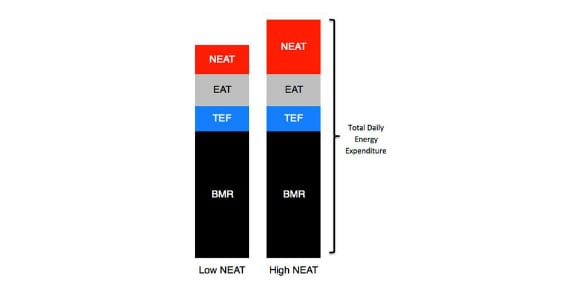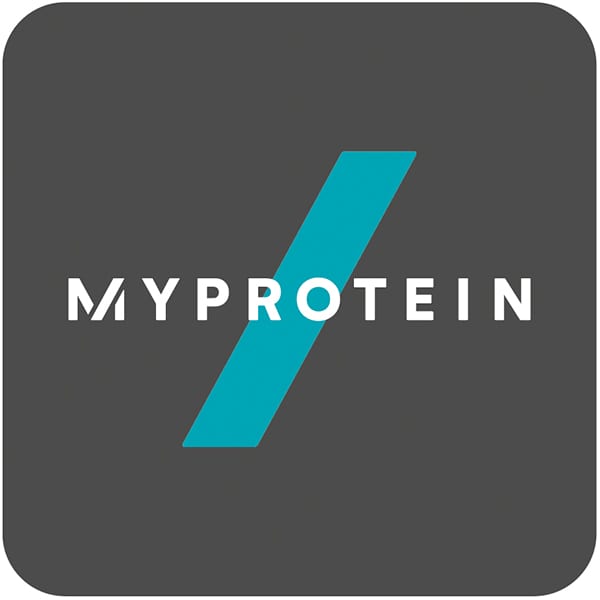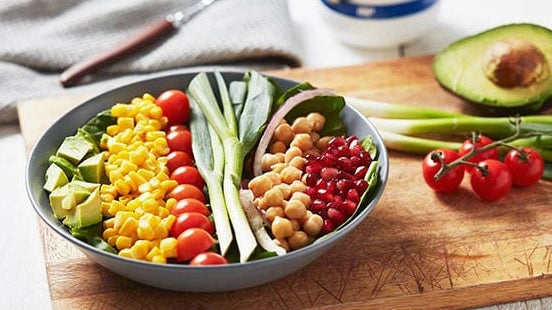
Hypothyroidism
There are a number of conditions that influence the choices you have to make regarding your nutrition which can make losing weight very tough. The thyroid is a gland in the neck which plays a large part in protein synthesis and your metabolic rate, as it secretes hormones.
Hyperthyroidism and Hypothyroidism are two of the most common conditions caused by an abnormality to the hormonal output of the thyroid glands. Hyperthyroidism relates to an excessive amount of thyroid hormone production, while hypothyroidism relates to an insufficient amount of thyroid hormone production. This article will regard hypothyroidism and outline what the condition is and how to alter your nutrition to include foods which enable your body to lose weight more efficiently, tailored to the needs of someone experiencing insufficient thyroid hormone production.What Effect Does Hypothyroidism Have On The Body?
Hormones that the thyroid secretes influence metabolism, energy levels, heart rate, blood pressure and protein synthesis, alongside a number of other very important bodily functions. Therefore, those who have the condition can experience fatigue, constipation, weight gain and decreased moods of happiness. However, there are a number of foods which can be incorporated into a persons nutrition which help to improve the performance of the thyroid.
As there are foods which positively influence the effectiveness of the thyroid, there are also some foods which negatively influence its performance too. This is one of the reasons why people dealing with the condition often experience weight gain.A well balanced nutritional intake and participation in physical activity are extremely beneficial for everyone, but those with hypothyroidism should without a doubt watch what they eat and exercise regularly in order to help minimise the effects of the condition as much as possible.Macronutrients and Foods You Should Eat
When it comes to creating an optimal nutrition plan tailored to someone dealing with hypothyroidism, foods including a high protein content, calcium, selenium, omega-3, fibre, antioxidants, multi-vitamins, iodine should definitely be included. Selenium - Helps the thyroid and immune system function normallyOmega-3 - Helps to decrease inflammation Fibre - Helps with constipation by aiding digestion Antioxidants - Prevent oxidation of harmful molecules Iodine - Creates thyroid hormones in order to aid with metabolism Protein - A high protein diet is most beneficial for those with hypothyroidism due to the reduced ability to synthesise protein Calcium - Strengthens bones, helps muscles to contractMulti-Vitamins - Ensure a high intake of essential micronutrients to help the body perform at its bestSpecific Foods
Here are a list of foods you should include into your nutrition which aid in providing the body with the above mentioned nutrients.Fish - Very high in omega-3 (fats) and protein (EG: Salmon, Trout, Mackerel)Nuts - Also high in protein and fat (EG: Brazil Nuts - Which also have a very high content of Selenium)Meat/Poultry - High in protein (EG: Chicken, Pork, Lamb, Beef)Milk and Dairy - High in protein and calcium (EG: Milk, Yogurt)Wholegrain Foods - High in Fibre (EG: Wholegrain Bread, Wholegrain Pasta, Cereal)Foods Containing Selenium - Brazil Nuts, Sardines, Turkey and Chicken)Multi-Vitamin Supplements - Large quantities of micronutrients (MyProtein Multivitamins)Foods Containing Iodine - Dried Seaweed, Tuna, Turkey, Baked Potatoes, Beans.Foods Containing Antioxidants - Blueberries, Walnuts, Strawberries/Cranberries/Raspberries)Foods To Avoid
Sweet PotatoesFlaxCornSoy based foods (EG: Soya milk, Breaded Foods, Imitation Dairy Foods, Bean Sprouts)Gluten containing foods (EG: Wheat, Barley, Beer, Couscous, Rye)Cruciferous Vegetables such as: Cabbage, Cauliflower, Broccoli, Kale, Sprouts, Canola.Your Macronutrient Ratios & Losing Weight
It’s important for those with hypothyroidism to be aware of what the foods most beneficial to helping the condition actually include. Nuts and fish containing omega-3 are very high in fat, which has the highest macronutrient value of all the macronutrients; this means that it can be easy to overeat even when eating the right foods. Nuts containing 15g of fats will contain 135 calories just from fats… the total calories of the nuts will then be even higher due to the protein content. Similarly fish is a very good source of protein, however salmon for example has a high (healthy) fat content which makes it more caloric than canned tuna in brine/water for example which is pure protein.
With this in mind, it’s obvious that eating a low-fat diet is not going to benefit hypothyroidism, so a high fats, high protein and moderate carbs split of macronutrients is likely to be the most beneficial, due to the body needing that extra hit of protein and fats. This is actually pretty beneficial, as it helps to steer away from having to eat too many carbohydrate-based foods which may contain traces of gluten which is not beneficial for those with hypothyroidism. As well as this, foods high in protein help to suppress appetite and take longer to break down, meaning that cravings for foods, especially carbohydrate based foods will be less likely.
A split of 40% protein, 20% carbs and 40% fats would be a great balance of macronutrients. An average macronutrient split would be 40% carbs, 40% protein and 20% fats. By simply switching the percentages of carbohydrates with fats, the body will begin to use fats as a more primary source of energy as well, so you should experience less fatigue.In order to make sure you lose weight while eating foods beneficial for those with hypothyroidism, you’ll need to ensure you track your intake of macronutrients and eat in a deficit. Simply calculate your Total Daily Energy Expenditure (TDEE) using an online calculator, and either eat in a deficit of that number, perform physical activity to burn calories or use a combination of both! A good place to start is with a deficit of 200 calories each day; once your weight plateaus, simply increase the deficit by a further 200 calories! (You’ll need to re-calculate your total macronutrient intakes with the correct percentages each time you do this).Take Home Message
Take care when designing your own nutrition plan based around a high-fat, high-protein nutrition plan! Make sure you don’t over-indulge on calories by tracking the foods you eat. TIP: Download the “MyFitnessPal” app and start tracking the foods you eat!Whey ProteinLean muscle
Buy NowHard GainerExtreme
Buy NowZMAImproved Sleep
Buy NowBCAA'sMuscle recovery
Buy NowOur articles should be used for informational and educational purposes only and are not intended to be taken as medical advice. If you're concerned, consult a health professional before taking dietary supplements or introducing any major changes to your diet. 
Myprotein World’s leading online sports nutrition brand Founded around a kitchen table in 2004, Myprotein’s vision has always been to revolutionise how we power movement.
In 2011 Myprotein became part of the THG family, and by 2016 we proudly claimed the title of the world’s leading online sports nutrition brand.
Over the last 20 years, we’ve created game-changing supplements like Clear Whey and Dry Scoop Pre-Workout and launched new brands tailored to your needs including MP, Myvitamins, Myvegan and MyPRO.
We exist to break boundaries. To help you cut through the noise in the fitness industry and get down to the information you can trust. Our blog features articles from trusted PT’s, nutritionists and dieticians with tons of experience in the industry. We listen to what topics you’re interested in, and dip into our pool of experts to give you information you can trust.












